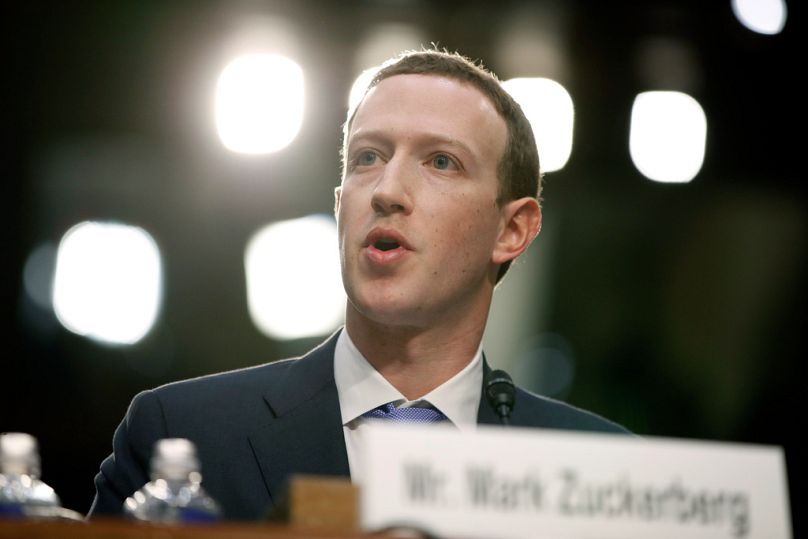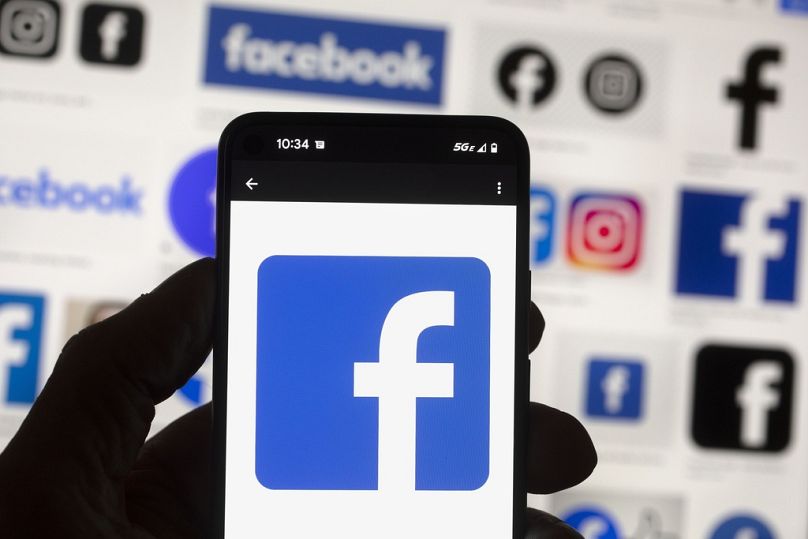Once a way to keep in touch with college friends, the Franken-platform now has very little resemblance to the Facebook of yesteryear. Can it still claim to be culturally-relevant?
What’s happened to you over the past 20 years? Maybe you’ve fallen in love, had your heart broken, changed cities or even countries, had a kid or two, discovered a new passion, dealt with depression, grieved a loved one.
 ADVERTISEMENT
ADVERTISEMENT
 ADVERTISEMENT
ADVERTISEMENT
All this time, as you’ve been changing and “becoming,” so has Facebook.
That’s right, Facebook is now two decades old. And despite its slow descent into cultural irrelevance with younger generations, it remains the largest social network in the world.
Today it counts over 3 billion active monthly users – a third of the world’s population.
But Facebook’s age is starting to show, and like many people you may know, it’s veered way off course from its original goal – to bring people together (for free) and help friends keep in touch.
Scroll through Facebook today and you’ll find less posts from your actual friends and more sponsored ads harassing you to purchase things you searched for once on the internet, fake news articles with thousands of comments from conspiracy theorists, and old family friends documenting every aspect of their lives in blurry photographs and cringey captions.
In the dozen or so years I’ve had Facebook, my profile has gone from a less-fun version of Myspace, to a place to air my daily grievances as a college student and post hundreds of terrible pictures taken with a point-and-shoot camera, to a digital wasteland where the last comment on my “Timeline” is a three-year-old birthday wish from a former colleague.
I’ve since made my birthdate private, to avoid the stress of having to thank dozens of semi-strangers who pop up like weeds once a year. And if I didn’t need Facebook for my job, I would probably have deleted my profile by now.
As my profile collects dust and Facebook celebrates its 20th anniversary, I wonder: Can the social network still claim to be culturally-relevant?
A global phenomenon
Facebook wasn’t the first social network by any means, but it was the first to spread across borders and generations like a virus, changing the way people interact with each other, organise social movements and consume news.
With Twitter, it became a vehicle for social change, sparking conversation that led to movements like the Arab Spring, Occupy Wall Street and the 2023 attack on Brazil’s congress.
Founder Mark Zuckerberg, who created Facebook when he was a 19-year-old college student, suddenly found himself at the centre of a debate about the limits of freedom of speech, amid mounting criticism that Facebook wasn’t doing enough to tackle misinformation and hate speech.
Regulators in the US and the EU are still hounding Zuckerberg on the issue of misinformation, which flourished on the site during the Coronavirus pandemic. Under the EU’s new Digital Services Act, Meta is responsible for monitoring and removing misinformation and illegal content on its platforms.
As for Facebook’s mission, Zuckerberg has stretched the platform’s functionalities to maintain a viable business model, prioritising advertising revenues and data collection over genuine user interaction.
In 2019, Zuckerberg changed the platform’s slogan from “It’s free and always will be” to “It’s quick and easy,” paving the way for Facebook’s new paid ad-free subscription model. Two years later, he renamed Facebook’s parent company “Meta” as he took a major bet on metaverse research.
He also increased video content on Facebook and Instagram (also a Meta brand), added Facebook marketplace, where people can buy and sell items, and expanded messaging capabilities with the development of Messenger and the acquisition of WhatsApp.
The Franken-platform now has very little resemblance to the Facebook of yesteryear, as it slaps together features from other popular social media sites like Reddit, TikTok, Twitter and Snapchat.
An ageing user base, an increasingly global reach
Facebook may still be a cornerstone for any social media marketing campaign, but its user base is getting older.
Millennials still favour the app, though the number of Millennial users is dropping – a 2022 survey found that 69% of them prefer using Facebook to other social media, down from 75% in 2021.
Younger generations are even less enticed by Facebook, with only 37% of Gen Z users saying they’re active on Facebook, compared to 65% of Gen Z users who say they’re on TikTok.
While that is a very real problem for the company, and has sparked declarations that “Facebook is dead,” the latest user figures at the start of February suggest anything but.
Every day, 2.11 billion people log on to Facebook, an increase of 6% in one year. But three-quarters of those daily users are outside the US, Canada and Europe.
So while Facebook is losing users in Europe and seeing slowing growth in the US and Canada, it’s gaining tens of millions of users across the world. The biggest market for Facebook is India, with 315 million users.
The way people use Facebook is also changing, adapting to the platform’s new Algorithm that’s focused more on viral content than friendships.
“There has been a shift the last couple years with people coming to Facebook more to be entertained, discover something new or see what’s going on in the world,” Facebook director Tom Alison wrote in a press release last March, announcing a new AI-powered discovery feature.
“Previously, you might be invited to a (Facebook) Group by a friend, search for a Group based on a specific need or interest,” Alison explained. “Using AI to find public Group content based on your interests, we can now show you highly relevant content from public Groups in your Feed– without you having to do any searching or depending on word of mouth to uncover a Group.”
Alison’s vision for the future of Facebook, it seems, is not friendship. At least not with humans.
The future of Facebook, for now, seems to be driven by algorithms that will show you more of what you want to see. A good strategy for getting people to stay on the platform, but also one step further towards dividing users into curated echo-chambers and self-selected biases.
It will probably take less than 20 years to see the effects of Facebook’s new AI-driven strategy on user behaviour and beliefs.
But who knows where the world will be by then? Or how many more heartbreaks and triumphs we’ll all live through while our Facebook profiles continue to collect dust in those long-forgotten browser tabs we forgot to close.












